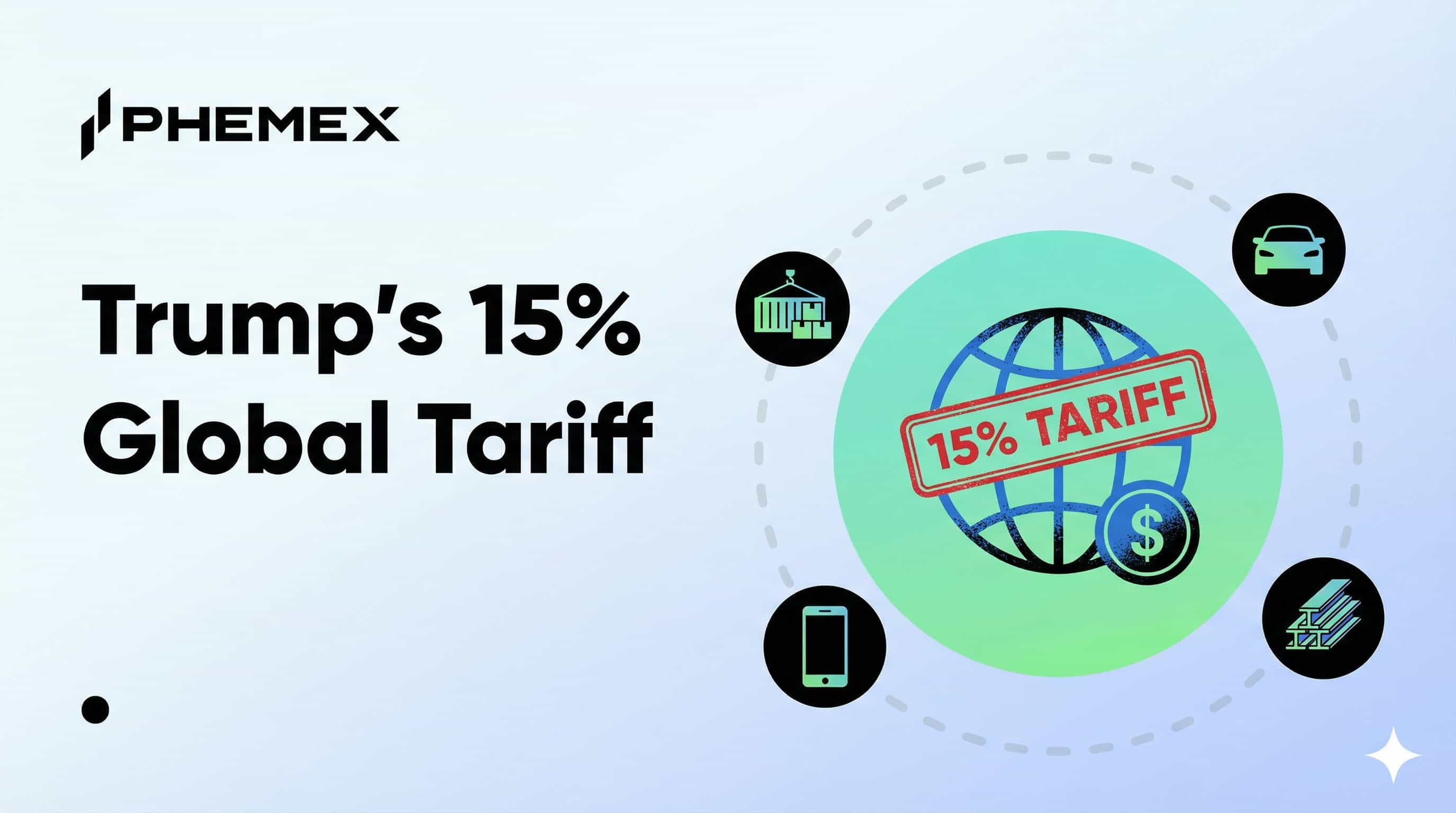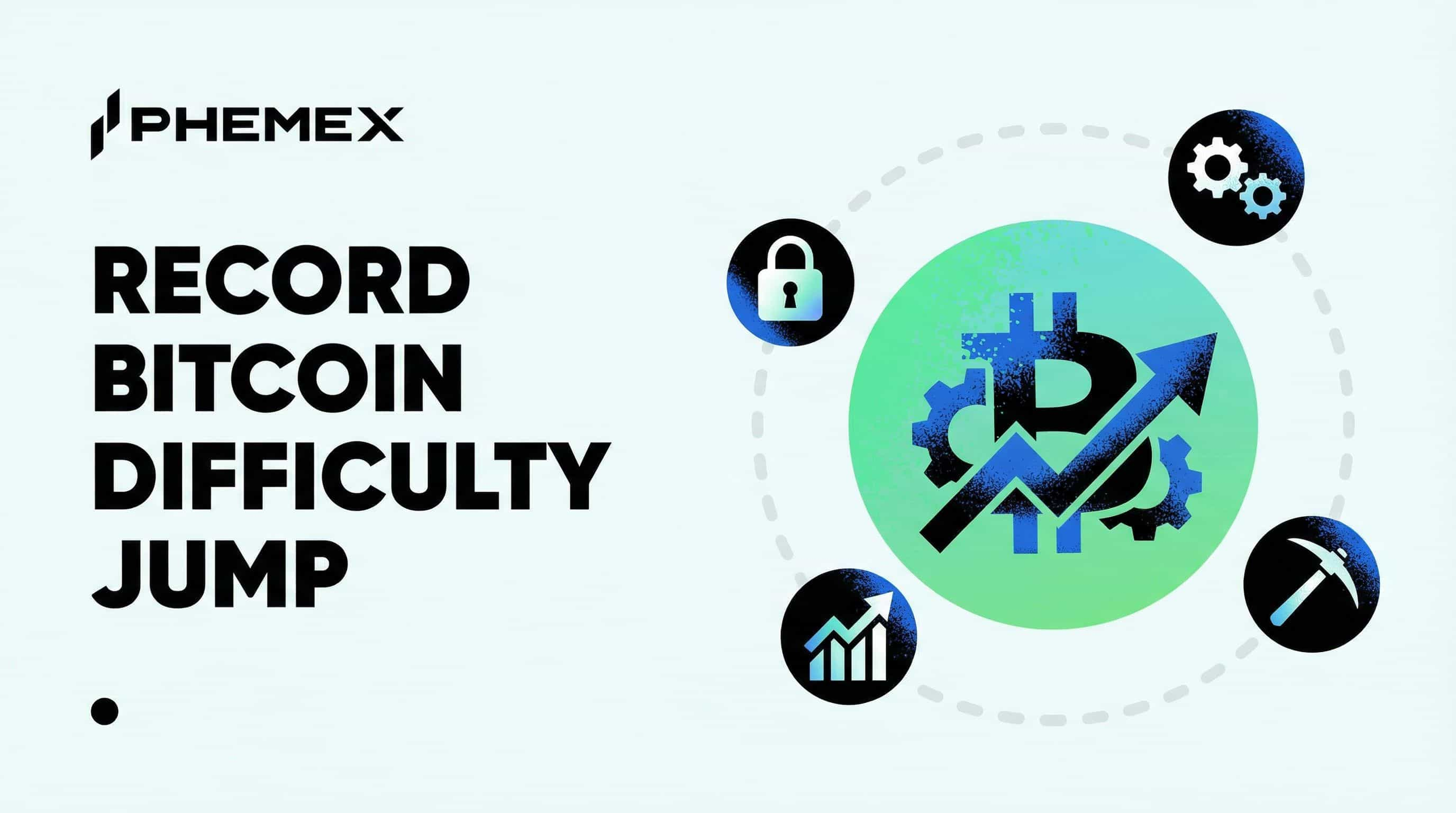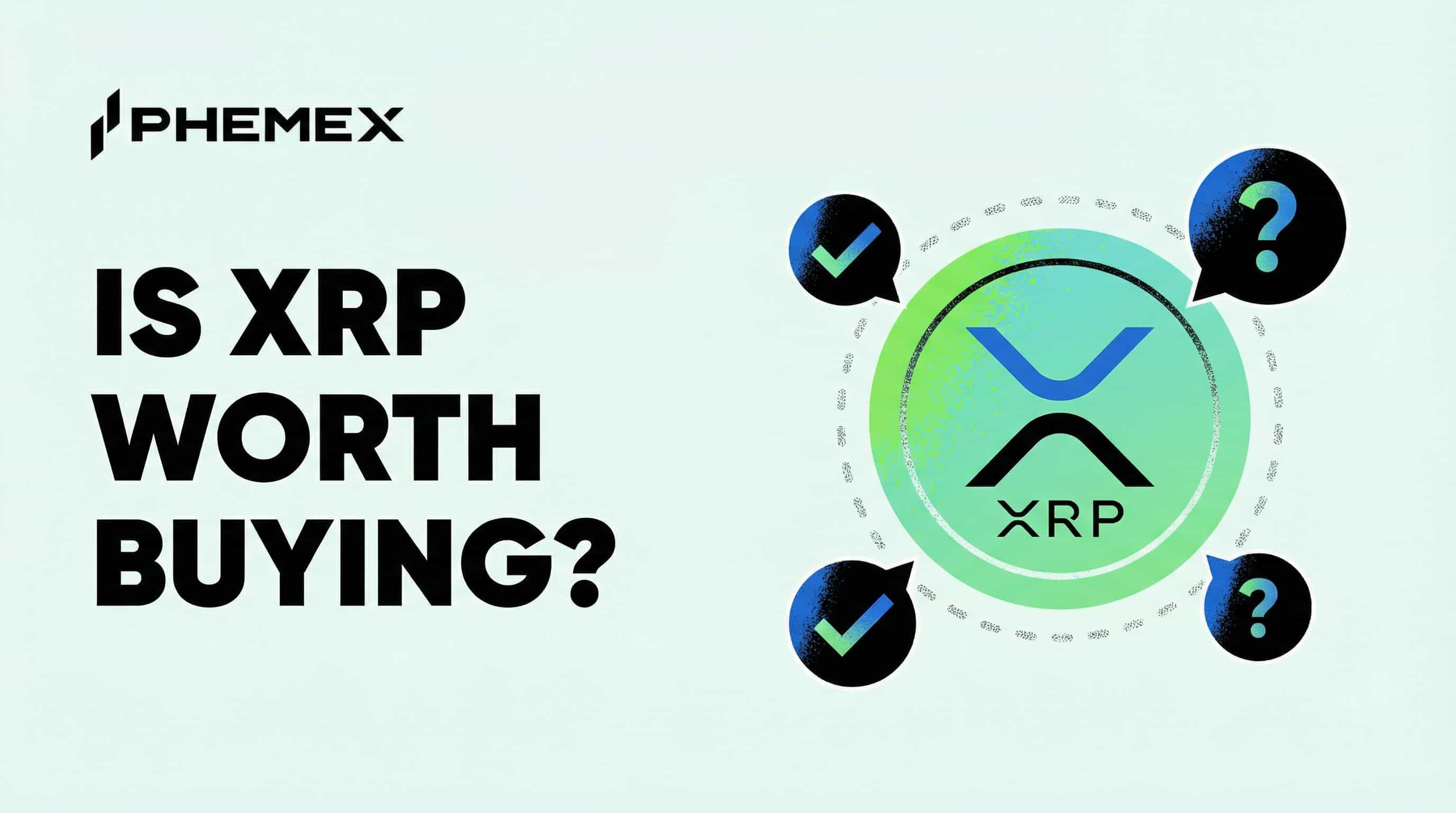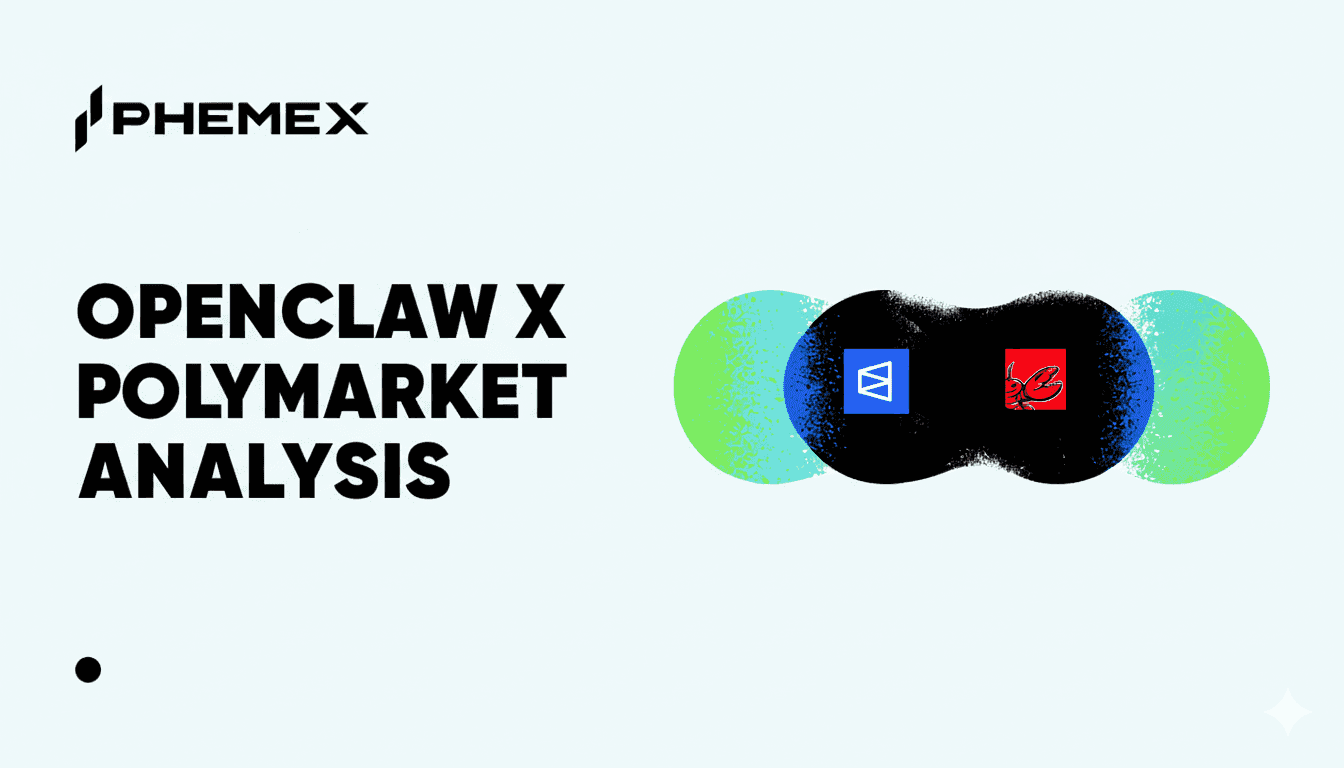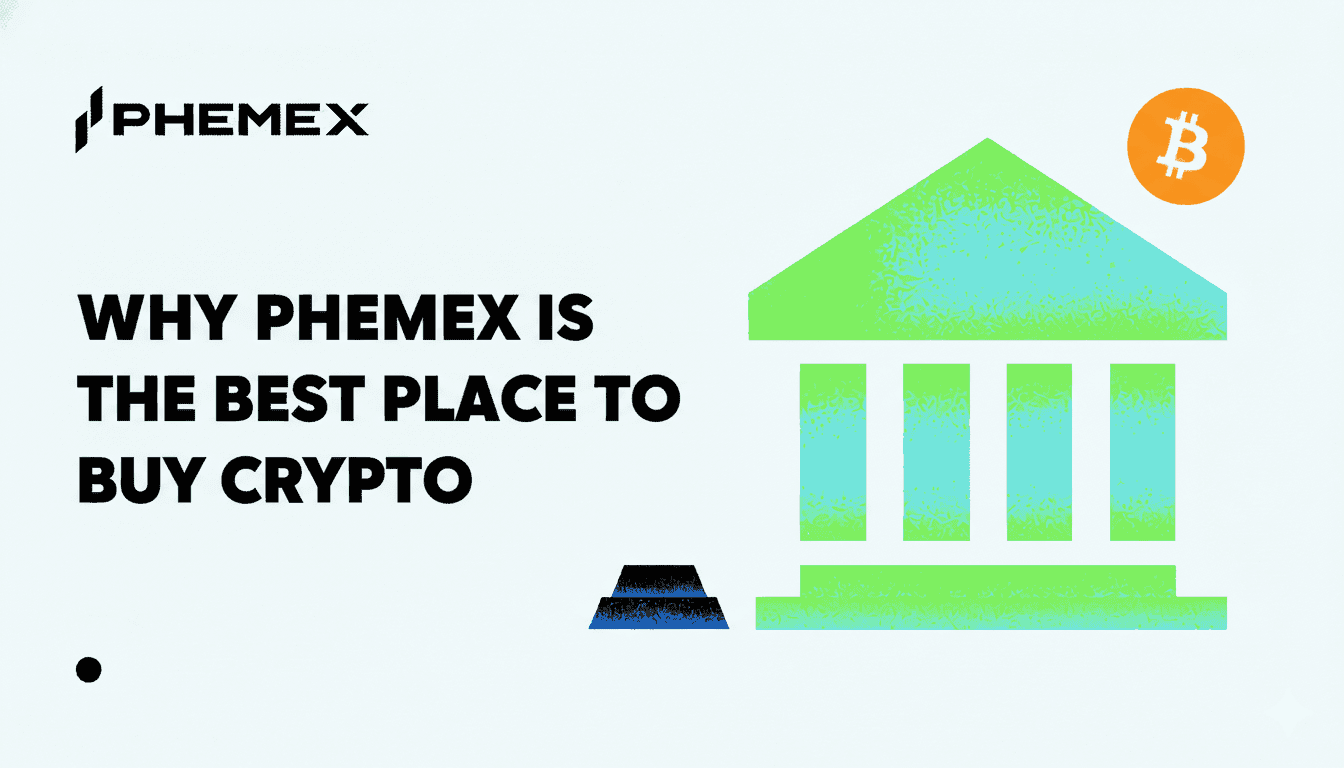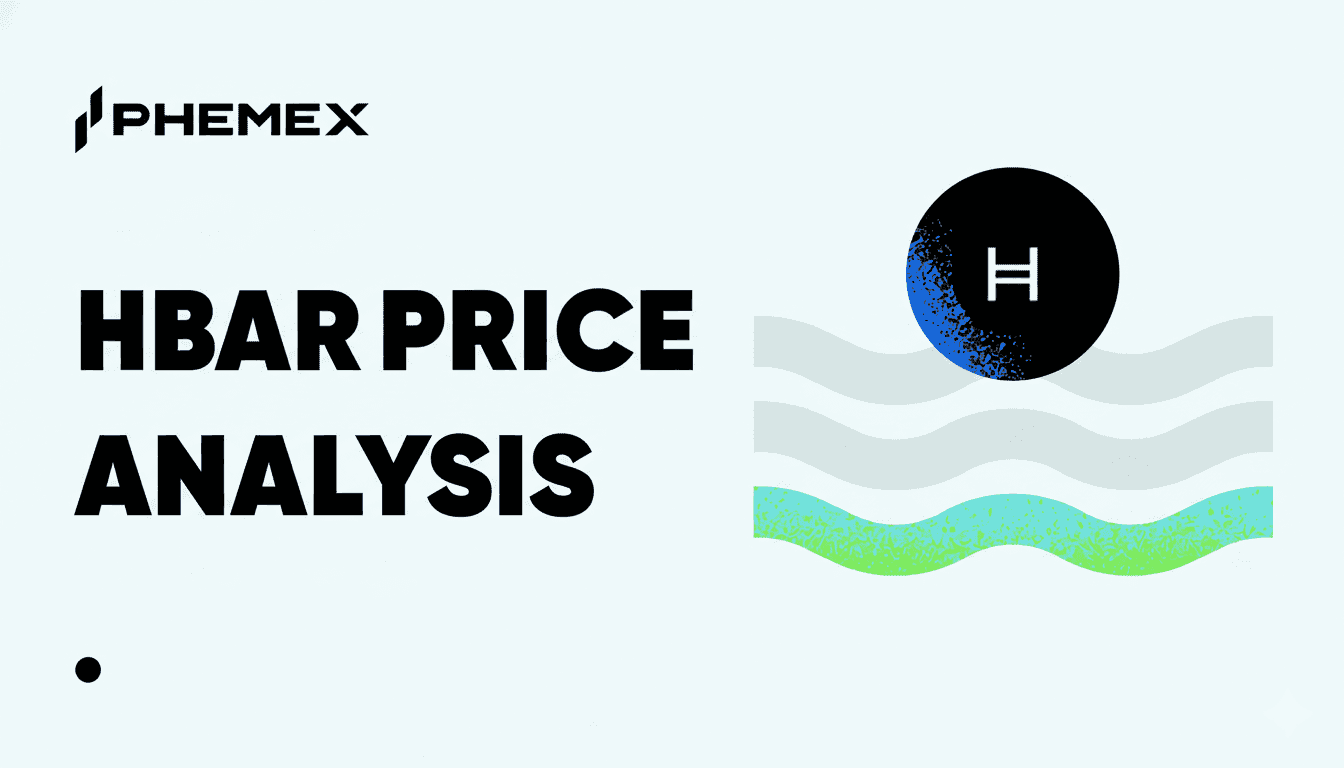Blockchain technology is one of the most groundbreaking financial innovations that promises to reduce fraud and ensure quick and secure transactions. It’s become so popular that key institutions have publicly announced an interest in it, including the French investment bank BNP Paribas, the NASDAQ, Barclays, Swiss investment bank UBS, Deutsche Bank, and DBS Bank. Moreover, Goldman Sachs Group participated in a $50 million investment round in funding Bitcoin wallet and payments company Circle Inc, while Spain-based Banco Santander (SAN) is developing blockchain-based solutions that will reduce costs by $20 billion a year.
Because the hype around cryptocurrencies and blockchain has grown so rapidly, it’s important for all people whether or not they’re interested in the space to learn how to use and operate cryptocurrency wallets, let alone regular bank accounts.

How Is A Crypto Wallet Different From A Bank Account?
Though cryptocurrency wallets differ vastly from bank accounts, they’re similar in small ways. First, they both give individuals access to funds and they’re both secured by people and systems incentivized to keep one’s money safe. However, unlike bank accounts, which are entirely in the hands of a centralized entity, cryptocurrency wallets store digital assets secured by a decentralized blockchain network.
6 Features & Advantages of Crypto Wallets
- They allow for quick and trustless transactions: The blockchain allows two individuals to transact without having to use a centralized middlemen. Transactions take place in minutes, and fees on the blockchain are significantly lower than traditional cross-border payments, which can take up to five business days to process.
- They allow for staking: Many cryptocurrencies run on blockchains that use Proof-of-Stake consensus mechanisms, which is an excellent way for decentralized networks to ensure that transactions are verified without the energy-intensiveness of Bitcoin’s Proof-of-Work mining algorithm. In PoS, coin holders are rewarded for staking coins to help validate transactions and create new blocks.
Many wallets support staking directly from their primary interface. Still, even beyond in-built features, there are many ways to put crypto-assets to work to generate more interest than any bank account could offer. So through staking, crypto investors can earn more returns than traditional bank savings accounts. - They allow for DeFi borrowing and lending: Near-zero interest offerings on traditional savings accounts means that inflation drives the value of a person’s money down over time. DeFi protocols offer a viable solution if investors are looking for higher yields, but they aren’t designed to work directly with traditional bank accounts.
DeFi products use smart contracts that allow for a transparent and peer-to-peer ecosystem of financial services with substantially higher returns than traditional financial offerings. By supplying crypto assets to decentralized liquidity pools, DeFi can earn investors incredible yield through lending at high rates, all thanks to blockchain’s low overheads.
- They makes cross-border payments easier and cheaper: One of the cryptocurrency’s main advantages is its borderless nature. This means that any person can send and receive payments from anywhere in the world without having to worry about exchange rates or bank fees. For developing economies and people with friends or family living abroad, the ability to send cross-border money near-instantly is transformative, and the fact that no global authority can single-handedly block the network from this in itself makes blockchain a revolutionary technology.
- They provide higher interest rate returns: Interest rates are where DeFi applications and subsequent crypto wallet infrastructure stands out. The best traditional bank savings account pays an APY of around 0.5%, but it’s possible to earn over 8% with a DeFi account and crypto wallet. However, this also depends on certain factors, including the specific cryptocurrency, the duration of the investment, and the specific DeFi protocol one chooses to use.
At the same time, as a borrower, through the use of cryptos and crypto wallets, depending on certain factors, individuals are able to get lower interest rates than with a personal loan from the bank. However, at the same time, these individuals may have to secure their loans with a crypto collateral, and since these loans aren’t offered by a centralized intermediary, they often require over-collateralization. - They have access to more currencies: Unlike a bank account, which may allow people to hold a few currencies, a cryptocurrency wallet can contain any number of digital assets. This gives people the ability to invest in a wide variety of cryptocurrencies and blockchain projects. In fact, a person can use their crypto wallet to store traditional assets like gold through commodity-backed stablecoins such as PAXG, or even invest in conventional stocks through crypto-derivatives.
Features & Advantages of Bank Accounts
Banks have FDIC insurance
Most banks are FDIC insured. This means that if a bank fails, individual clients are covered for up to $250,000 per person (per bank). On the other hand, if a crypto exchange or hot wallet provider fails, the individual will lose everything.
This is why many crypto enthusiasts opt for cold storage solutions such as hardware wallets. These wallets are not connected to the Internet, which makes them much more challenging to hack. As a recommendation, it’s best to only send one’s assets to wallets and platforms that are trustworthy. Therefore, all prospective users are encouraged to do their research before investing or sending cryptocurrency online.
Banks provide protection against theft, hacking, and fraud
While FDIC insurance might not cover theft and fraud, banks do. There are many ways in which banks work towards protecting customers against fraud. These include monitoring accounts for suspicious activities and freezing accounts, near-instant deactivation of lost credit cards once reported, cards that come with built-in fraud protection, and reporting fraudulent activities to the authorities.
However, crypto wallets don’t have the same safety net that banks do. If a crypto wallet gets hacked, whether from malware or through an exchange hack, the crypto inside will be almost impossible to recover. While most exchanges have insurance policies to stay afloat during these events, investors getting their money back is never a guarantee.
FAQ: Operating Cryptocurrency Wallets & Bank Accounts
Now that the advantages and disadvantages of crypto wallets and bank accounts have been covered, it’s important to understand how to use these two ‘accounts’ together.
Should I open a bank account or a cryptocurrency wallet?
The answer to this question is not an either or, everyone should in fact have a bank account and a cryptocurrency wallet. Bank accounts are in fact almost necessary to transferring money into the crypto ecosystem. For example, a bank account is generally needed in order to transfer money to a crypto exchange, from which then a person can transfer their crypto to a crypto wallet. Thus, it’s recommended that investors of all types have a home bank account from which they get money from their careers and jobs, as well as a cryptocurrency wallet to store their cryptocurrencies of choice.
How do I transfer crypto to a bank account?
In order to transfer crypto to a bank account, one must generally transfer their cryptos to a centralized exchange. Then from the central exchange can they trade their crypto for a stablecoin, that may then be converted into a local currency to use to transfer to a bank account. So there are multiple steps involved in this process, which is mainly because decentralized systems aren’t yet compatible with large traditional banks such as Chase, Bank of America, etc.
How do I withdraw crypto to my bank account?
To withdraw crypto to a bank account, one must first exchange a cryptocurrency into a stablecoin, and then from the stablecoin a user can convert directly to USD that may be withdrawn. For example, a person can exchange BTC for USDT, then convert USDT into USD, and lastly, withdraw the USD to their bank account. This is the most common method to withdraw crypto to a bank account, given that banks do not do the exchange rate from currencies such as Bitcoin to USD directly.
How do I get cryptocurrency from my wallet to my bank account?
To get cryptocurrency from a crypto wallet to a bank account, one should send their cryptocurrency of choice from their decentralized crypto wallet to their wallet linked to a centralized exchange. For example, send Ethereum from a Metamask wallet to their wallet at Phemex, and then from Phemex to their bank account. Once the crypto gets to the exchange, it’s most easy to withdraw to a connected bank account.
Do crypto bank accounts exist?
Right now due to various regulations, it’s difficult for large regulated and certified banks to offer cryptocurrency linkages. But there are several smaller and regional specific banks that offer ‘crypto bank accounts’. Interestingly, centralized exchanges are now trying to get into the ‘banking’ business.
Does Bitcoin work directly with traditional bank accounts?
Currently, Bitcoin is not fully operational with traditional bank accounts. Therefore, it’s hard to purchase Bitcoin directly through a bank account, and similarly, it’s difficult to transfer Bitcoin to one’s bank account.
Are cryptocurrency wallets and bank accounts interoperable?
Crypto wallets and bank accounts are not fully interoperable. Thus, it’s difficult to have direct cryptocurrency wallet to bank account linkages. This is because cryptocurrency wallets haven’t yet partnered and collaborated with traditional banks.
Conclusion
The traditional banking system is still profoundly rooted into our social lives. At the same time, these very banks are discovering the possibilities with blockchain technology, and finding better ways to incorporate the tech into the existing financial system. Only time will tell how blockchain evolves, but one thing is certain – cryptocurrencies have a future in global finance.






